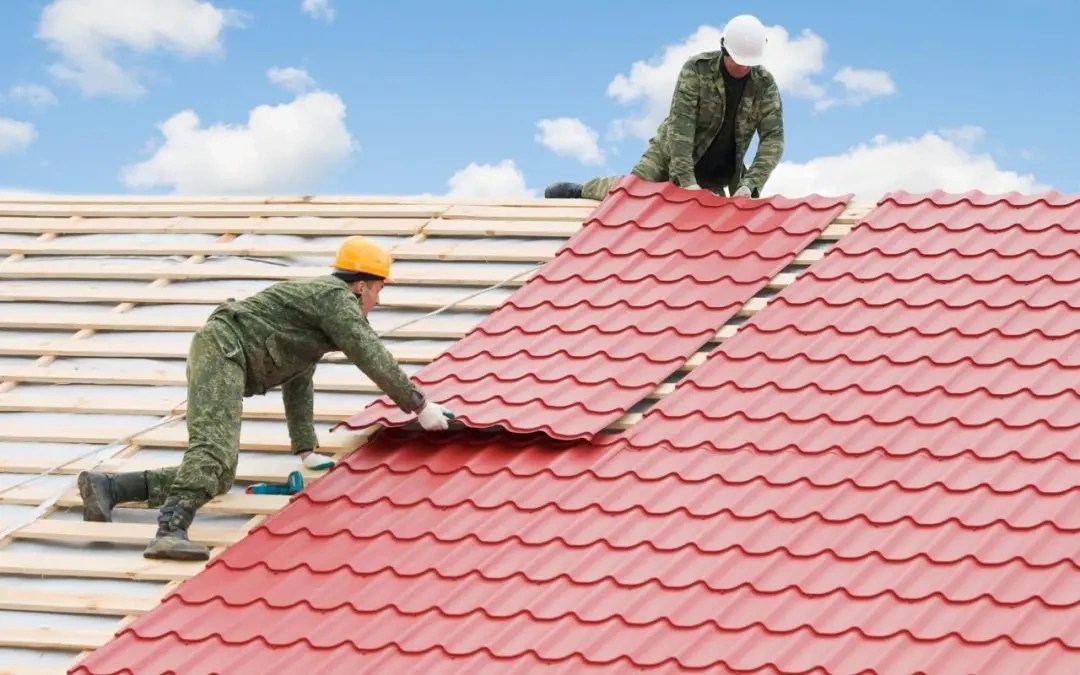This article provides a comprehensive guide to enhancing HVAC efficiency in residential settings.
It explores the importance of HVAC efficiency, the common challenges encountered in achieving it, and key strategies for improvement.
The article also delves into optimizing HVAC systems for maximum efficiency and offers practical tips for enhancing efficiency in homes.
By blending the primary keyword, ‘enhancing HVAC efficiency,’ with the title, ‘The Ultimate Guide to Enhancing HVAC Efficiency in Your Home,’ this article aims to bridge any gaps and provide a logical and coherent concept for readers seeking to optimize their HVAC systems.
Understanding the Importance of HVAC Efficiency
Understanding the importance of HVAC efficiency is crucial in order to optimize energy consumption and ensure the optimal functioning of heating, ventilation, and air conditioning systems. HVAC systems play a vital role in maintaining indoor air quality, providing thermal comfort, and regulating humidity levels.
Common Challenges in Achieving HVAC Efficiency
Common challenges arise when attempting to achieve optimal HVAC efficiency in residential settings.
One common challenge is the lack of proper insulation, which leads to energy loss and decreased efficiency.
Another challenge is the improper sizing of HVAC systems, resulting in inefficiency and increased energy consumption.
Additionally, poor maintenance and neglect of regular servicing can hinder HVAC efficiency.
These challenges require strategic solutions such as improving insulation, accurately sizing systems, and implementing regular maintenance to enhance HVAC efficiency in residential settings.
Key Strategies for Enhancing HVAC Efficiency
Key strategies for enhancing HVAC efficiency include:
- Improving insulation: This is crucial as it reduces heat loss or gain, resulting in less energy needed to maintain desired temperatures.
- Accurately sizing systems: Ensuring that HVAC systems are properly sized ensures optimal performance and prevents energy wastage.
- Implementing regular maintenance practices: Regular maintenance practices, such as cleaning filters and checking for leaks, help maintain system efficiency.
Optimizing Your HVAC System for Maximum Efficiency
Optimizing an HVAC system for maximum efficiency requires careful consideration of factors such as system design, air distribution, and control strategies.
The system design should be tailored to the specific needs of the space, ensuring proper sizing and layout to minimize energy waste.
Effective air distribution is crucial for achieving optimal comfort and energy efficiency.
Control strategies, such as programmable thermostats and zoning systems, allow for precise control of heating and cooling, further enhancing efficiency.
Practical Tips for Improving HVAC Efficiency in Your Home
Improving HVAC efficiency in your home requires implementing practical strategies that focus on system maintenance, insulation, and air sealing.
By regularly maintaining your HVAC system, such as cleaning or replacing filters, you can ensure it operates at peak performance.
Additionally, proper insulation and air sealing prevent energy loss, allowing your system to work more efficiently.
These practical tips not only enhance HVAC efficiency but also contribute to energy savings and a more comfortable living environment.
Conclusion
The article ‘The Ultimate Guide to Enhancing Efficiency in Your Home’ provides valuable insights into the importance of HVAC efficiency and offers practical strategies for optimizing your HVAC system.
It addresses common challenges that homeowners face in achieving optimal efficiency and highlights key tips for improving energy efficiency.
By implementing the suggested strategies, homeowners can not only enhance their HVAC system’s efficiency but also reduce energy consumption and save on utility bills.
In conclusion, this comprehensive guide serves as a valuable resource for individuals looking to enhance their HVAC system’s efficiency and create a more energy-efficient home.
You May Also Like:





